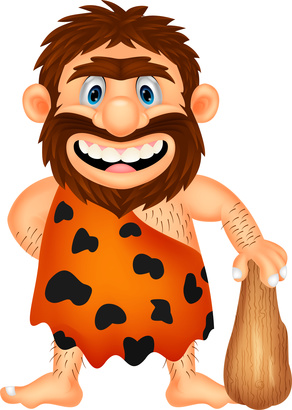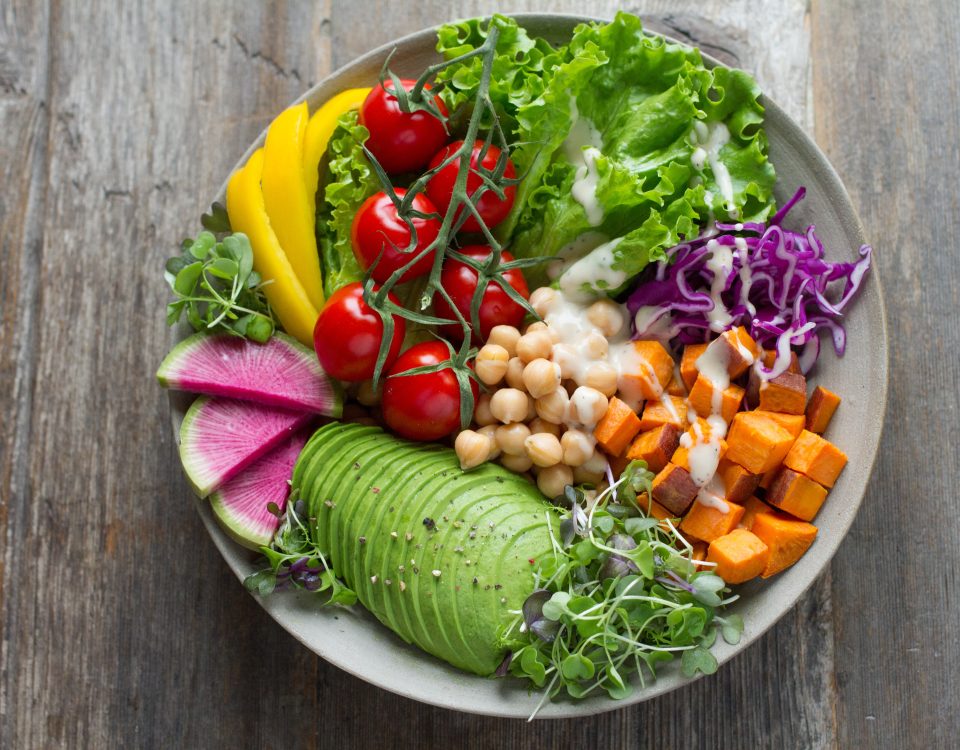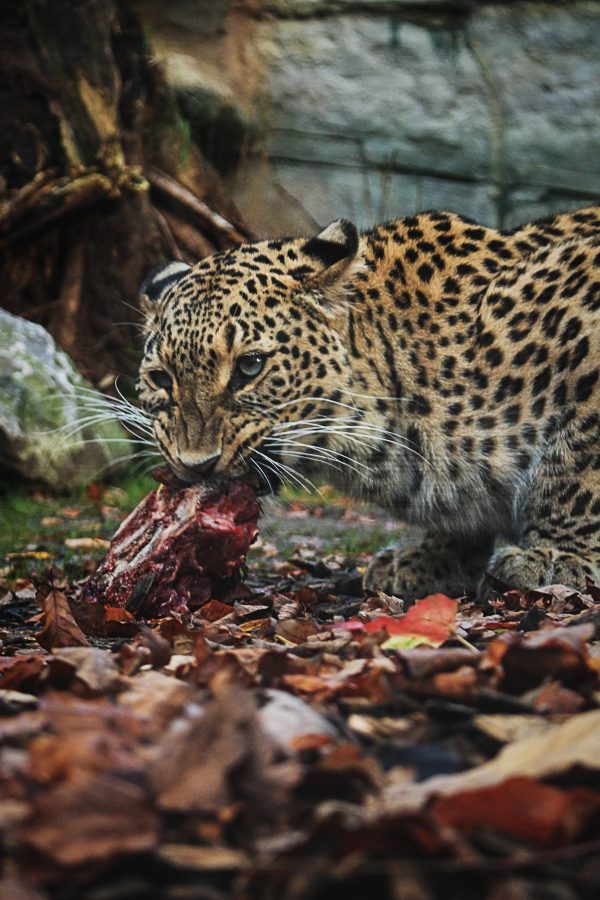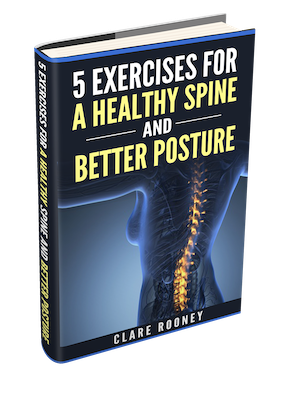The Pitfalls of Paleo

Weight Training For Women; The Science
January 14, 2016
What Causes Middle Age Spread?
January 14, 2016Sorry folks! It’s been a while since my last post. I have a good excuse. I was busy getting the finishing details for my book release which you can get HERE or by clicking the picture in the side bar.
In today’s topic I wish to address the many pitfalls of a Paleo approach to nutrition. But before we get to the deep down and dirty facts lets acknowledge what the” Fred Flintstone diet “has done for us as a collective.
The most important thing that the Paleo community has done for us nutritionally is question the excessive use of processed, adulterated and bastardised foods in our daily nutritional plans. Pop tarts for breakfast? Really? Breakfast cereals where the box is more nutritious than the contents? I’m not kidding! So what was really good about the Paleo movement was getting the Zeitgeist tuned in to the value of eating foods that are as close to their natural state as possible. This means the foods have a higher nutritional value, don’t require “e” numbers to preserve and you have to do a little thinking and planning before you prepare your meals – not a bad thing.
Here are some of the problems with Paleo:
- There was NO UNIVERSAL CAVEMAN.
Our species evolved all over this earth with a vast diversity of food options available. Some cultures like the Inuit e.g. Eskimos subsisted on a diet of largely fish and whale blubber. Some cultures like the Quichua Indians (who are descendants of the Incas) subsisted largely on a plant based diet:
“Cereals, tubers and broad beans (habas) are grown in quantity and are dietary staples. Maize is grown in the lower parts of this zone, but the quantity is less than on the coast. Foods of animal origin are rarely eaten, and then only in small quantities”
source: http://ajcn.nutrition.org/content/15/6/341.full.pdf
In his classic work “Nutrition and Physical degeneration” Weston A Price discusses the primitive diet of the Swiss which allowed them to “build some of the finest physiques in all of Europe”. Their primitive diet consists of whole Rye bread and dairy products”.
The Paleo diet eschews tubers, dairy products, grains and legumes and yet many cultures throughout the world eat these very same items and maintain robust health!
2: When people think they are eating Paleo, they really aren’t!
Modern Paleo diet proponents encourage people to eat plenty of meat and fish, eggs and vegetables with small amounts of fruit to supposedly mimic what our ancestors ate. But if we consult people who are Archaeological experts in exactly what our ancient ancestors ate we see that we couldn’t recreate a true ancestral diet even if we tried! In this you tube video Christina Warinner who is an ACTUAL EXPERT in ancient diets debunks the myth of Paleo:
https://www.youtube.com/watch?v=BMOjVYgYaG8
- Some of the healthiest cultures of the world eat whole grain and legumes.
If we look at one of the longest lived cultures in the world The Okinawa’s of Japan they eat a mostly plant based diet of legumes, purple sweet potato, grains and small amounts of fish. Pork is eaten about once a month. So if your genetic origins are from people who did eat grains then omitting them may not confer any benefits to your health.
- A diet with no starch makes muscle building and exercising intensely very difficult!
If you are on a path to build muscle and burn fat then eliminating all grains and tubers (gluten containing ones aside if you are intolerant) may bring your gains to a screeching halt. Starches are some of the absolute best glycogen replenishers. Surges of insulin are required to drive nutrients into muscle cells. Surges of insulin also quash the cortisol elevation that arises from training thus ushering your body into recovery mode. Many individuals simply train better and more intensely with more carbs in their nutritional plan.
- A diet emphasising no to low starch is counterproductive for those with depression and anxiety.
A Paleo diet with its emphasis on meat and veg, avoiding grains, tubers, all sweets and dairy might be a disaster for people suffering from depression or anxiety. These two diseases are very complex in aetiology however the neurotransmitter that links both is Serotonin. If you adopt the standard Paleo diet promoted extensively throughout the internet you may be prolonging your suffering if either of these two conditions affects you. Anxiety and depression affect millions of people worldwide and they are on the rise. Serotonin production, nutritionally, is promoted almost exclusively by carbohydrate. Fruits are pretty useless at promoting serotonin release according to Judith J. Wurtman, PhD who discovered the connection between carbohydrate craving, serotonin, and emotional well-being in her MIT clinical studies. She helps clients with depression and anxiety lose weight and become emotionally well using that demonic force called the starchy Carb!!! She even encourages judicious use of candy and her clients still lose weight!
- The Primitive urge to Belong.
At the basis of the Paleo diet is a primitive urge to belong. This is a feature of our Reptilian brains. It’s a safety in numbers type of phenomenon. It creates a them against us mentality; my diet is better than yours, you’re in the wrong dietary camp etc. The same mistake is made by many a nutritional community all over the world be it Vegan or Macrobiotic or Fruitarian!
I have said it time and time again. There is NO UNIVERSAL DIET. In developing a nutritional plan each individuals needs have to be taken into account. What are your goals? Are you exercising? What is your health history? How healthy is your digestive system? Why try to fit in to a trend when you could, with a little guidance, customise your own unique approach to nutrition that works for you.
- The most successful dieters in the world practice portion control.
Once your basic nutritional requirements are met the most successful dieters in the world all practice portion control. If you eat too much of anything you will get fat! I don’t care how “healthy“ it is. One of the most primitive urges the world over is the desire to overeat. The paleo diet encourages an “all you can eat” mentality which is a disaster for many trying to lose weight/body fat.
- A low carb approach to dieting short term can set you up with difficulty long term.
At its essence a Paleo diet is a low carb plan. These can be very effective for the first 3-6 months if weight/fat loss is a goal. However keeping insulin low, which is what Paleo diets do, can affect your thyroid status. You see surges of insulin are required to convert T4 (inactive form of thyroid) to the active form T3. Low carb as a long term lifestyle may sabotage your metabolism and derail thyroid function. So you have to look at the long term picture if you want to be healthy, lean and strong for life.





